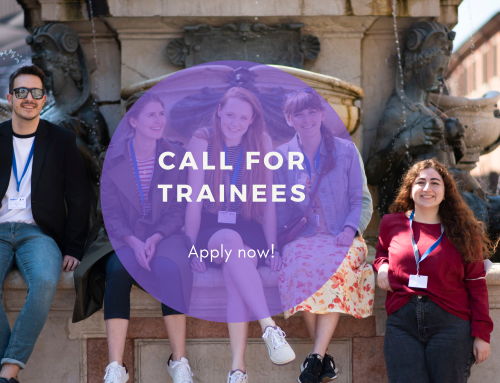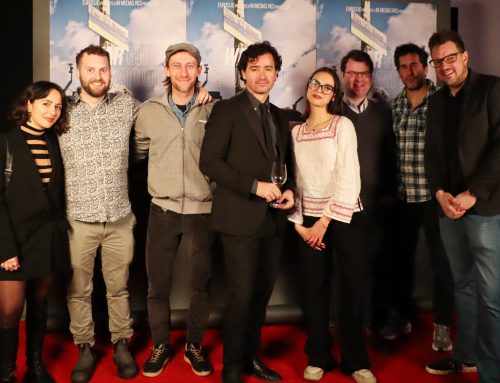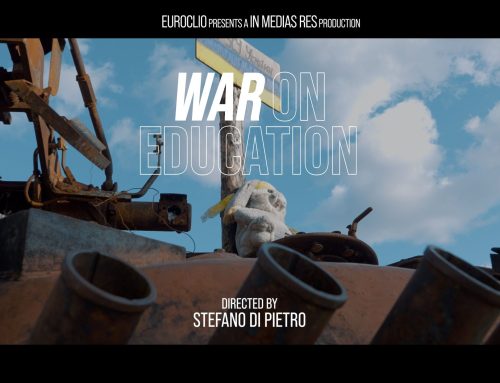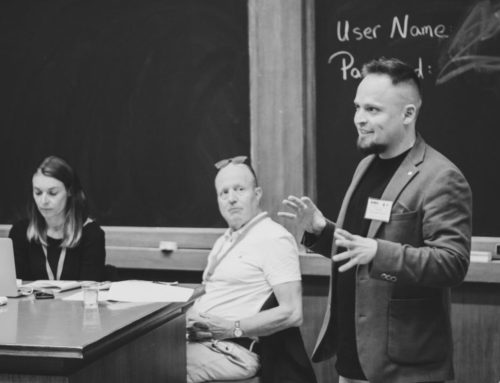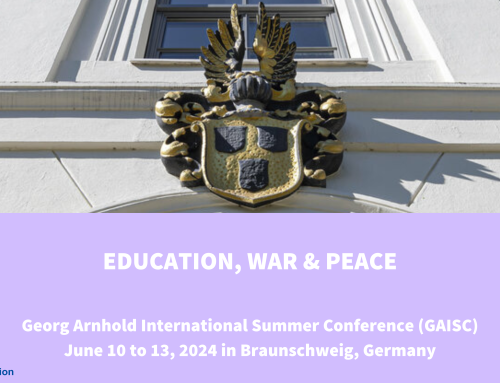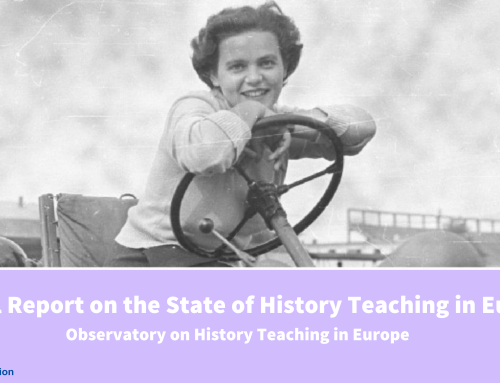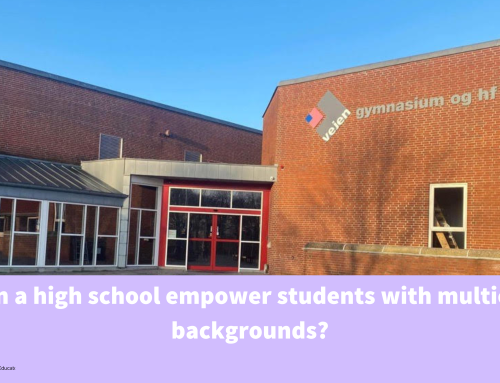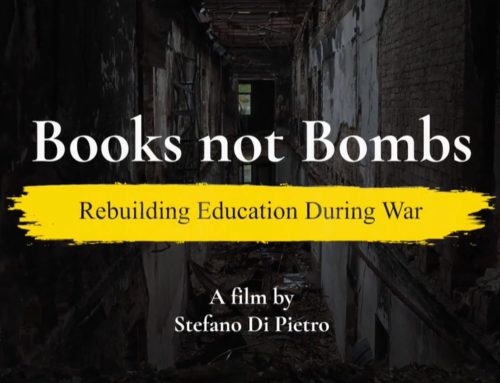After the History and Memory Masterclass that EuroClio organised with the Global Centre for
Pluralism and the Aka Khan Foundation in the end of September this year, EuroClio was asked by
the Ministry of Education to support their efforts to reform history education. In response to this
request, EuroClio and partners, organised – with support from the EU delegation to the Kyrgyz
Republic – an international workshop for history education specialists from across Kyrgyzstan, which
focused specifically on the development of standards, curricula and exams. As part of the
programme, trainers from Bosnia-Herzegovina (Bojana Dujkovic Blagojevic), Estonia (Mare Oja), and
the United Kingdom (Chris Culpin) shared how history education reform happened in their
respective countries, and what they learned from this. In addition, the participants identified
possible topics that could be addressed in history education, discussed what the needs of history
educators were (from the point of view of students, teachers, teacher trainers and historians), and
identified what can be done to support history educators to understand and implement new
(history) curricula. The next international workshop will take place from 23-25 March 2018 in
Kyrgyzstan, and will focus on the development of innovative and responsible history education
resources. The call for participants (targeting history education specialists living and working in
Kyrgyzstan) will be issued in the beginning of next year.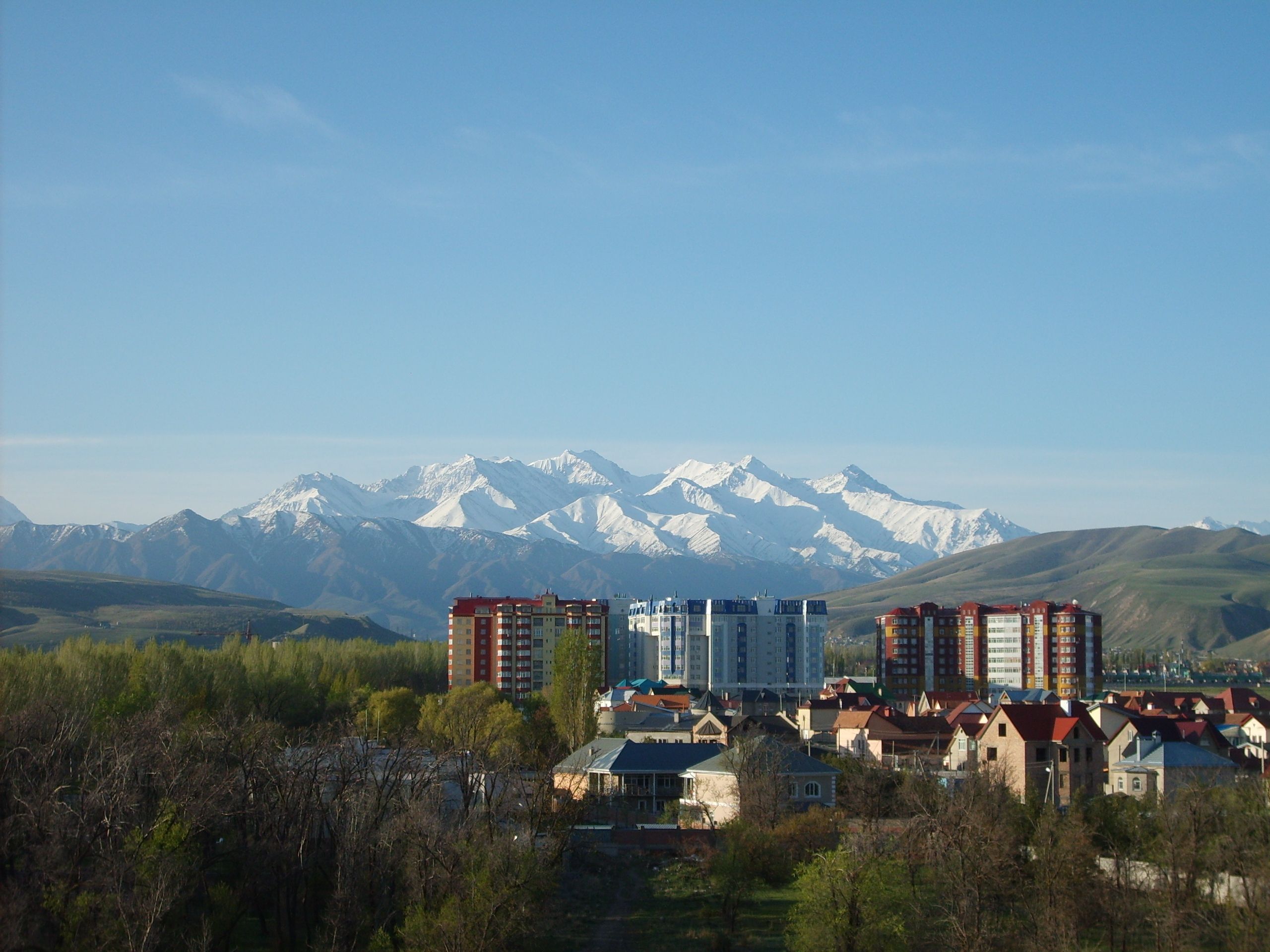
Pluralism and the Aka Khan Foundation in the end of September this year, EuroClio was asked by
the Ministry of Education to support their efforts to reform history education. In response to this
request, EuroClio and partners, organised – with support from the EU delegation to the Kyrgyz
Republic – an international workshop for history education specialists from across Kyrgyzstan, which
focused specifically on the development of standards, curricula and exams. As part of the
programme, trainers from Bosnia-Herzegovina (Bojana Dujkovic Blagojevic), Estonia (Mare Oja), and
the United Kingdom (Chris Culpin) shared how history education reform happened in their
respective countries, and what they learned from this. In addition, the participants identified
possible topics that could be addressed in history education, discussed what the needs of history
educators were (from the point of view of students, teachers, teacher trainers and historians), and
identified what can be done to support history educators to understand and implement new
(history) curricula. The next international workshop will take place from 23-25 March 2018 in
Kyrgyzstan, and will focus on the development of innovative and responsible history education
resources. The call for participants (targeting history education specialists living and working in
Kyrgyzstan) will be issued in the beginning of next year.

Chris Culpin demonstrates an active method, in which students determine and discuss the relative importance of causal factors, in this case applied to the question: Was Tsar Nicolas II to blame for the 1905 revolution?

